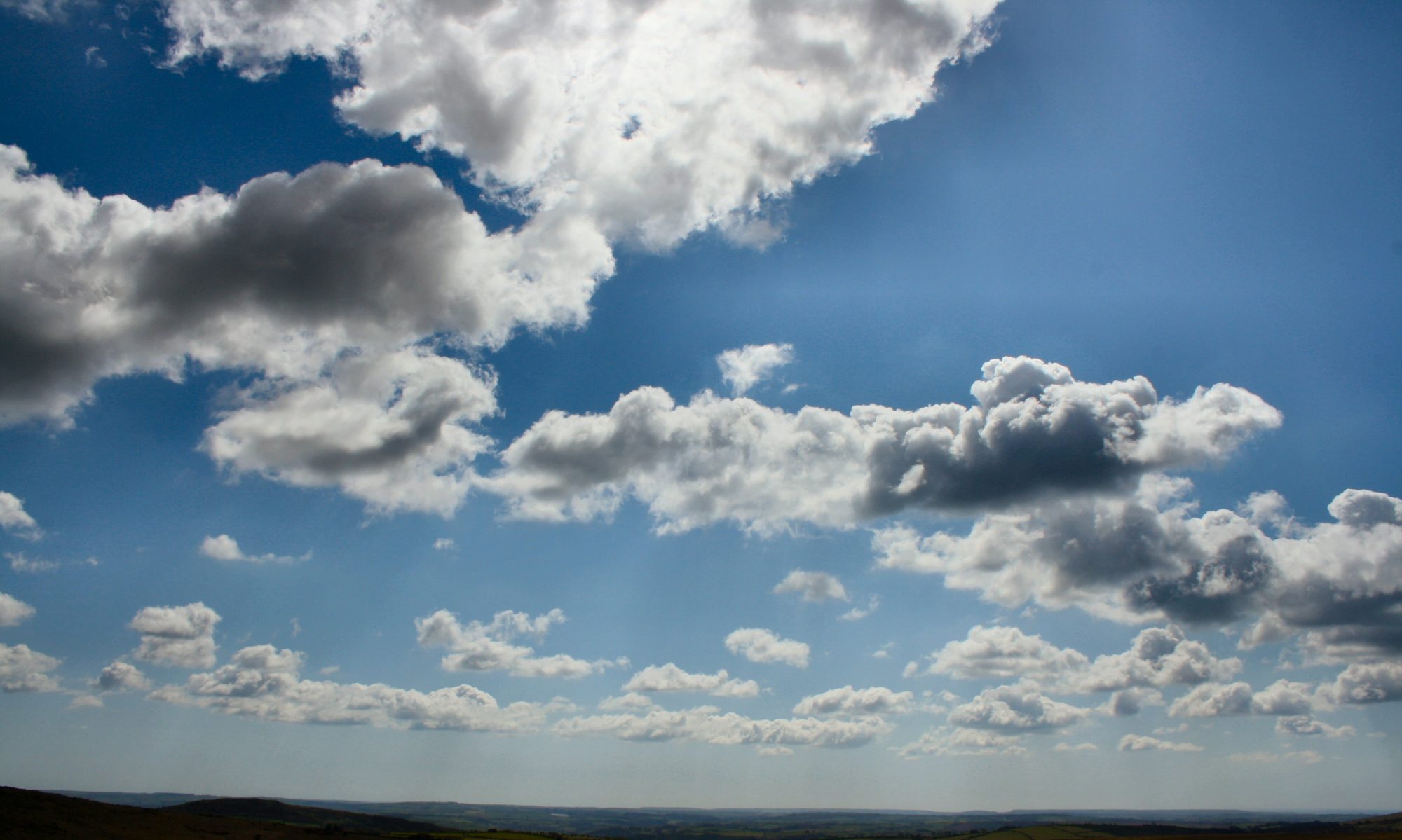Monthly Wildlife Challenge – May’s Challenges
No Mow May
This month’s challenge is to put away the mower for the month of May. Letting your lawn grow gives flowers such as daisies, dandelion, selfheal and clover the chance to flower, providing much needed nectar for a wide range of insects including bees, butterflies and beetles.
No Mow May is a national campaign to encourage people to leave their lawns for a month. A tight clipped weeded lawn has little value for wildlife and collectively, lawns cover a large area of land in the UK (approximately 988,421 acres, which is bigger than England’s national nature reserves combined), so by reversing the trend for manicured lawns, we create a significant area of habitat. The campaign has really taken off over the last few years, with many people now choosing to mow less.
If you’re not keen on the longer grass, a mown path through it creates a more managed look and in fact different lengths in a lawn provide a great range of habitats – the longer grass gives nesting sites for species such as hedgehogs and toads, a mid length meadow mowed 2-3 times per year outside of April-August allows knapweeds and scabiouses to flourish, and the shorter grass allows Bird’s-foot-trefoil to flower, providing a fabulous food source.
If you don’t have a lawn, why not encourage someone you know to let it grow, or have a look at where you work and see if there is any scope there. Bridford is taking part in No Mow May with its verges, which will remain uncut other than paths, till later in the year. We will be doing a survey of the flowers on the verge in May/ June. See No Mow May for more information and resources.
Give pesticides a miss
A recent study has shown that pesticide use in gardens is having a negative impact on bird populations. The study found that there were 25% fewer house sparrows when glyphosate was used regularly. It also found that where the recently banned metaldehyde slug pellets were used, house sparrow numbers were down by almost 40%. Bird populations are under threat on a number of fronts including habitat loss and bird diseases, with breeding UK populations down by 19 million since the 1960s. Pesticide use is a relatively new addition to garden management and re-embracing a wilder garden with a few nibbled leaves, gives these birds a haven that they very much need. There is useful advice on gardening without chemicals at DWT chemical free gardening
[email protected] / 01647 253641

